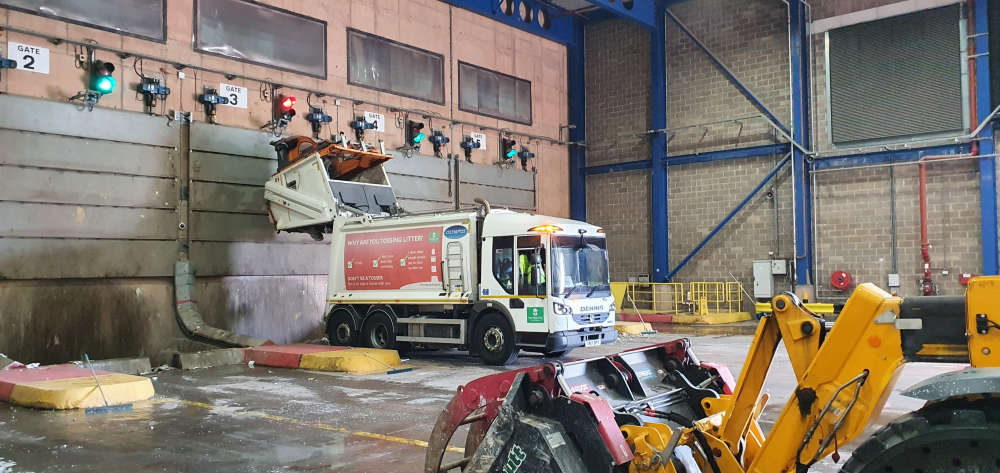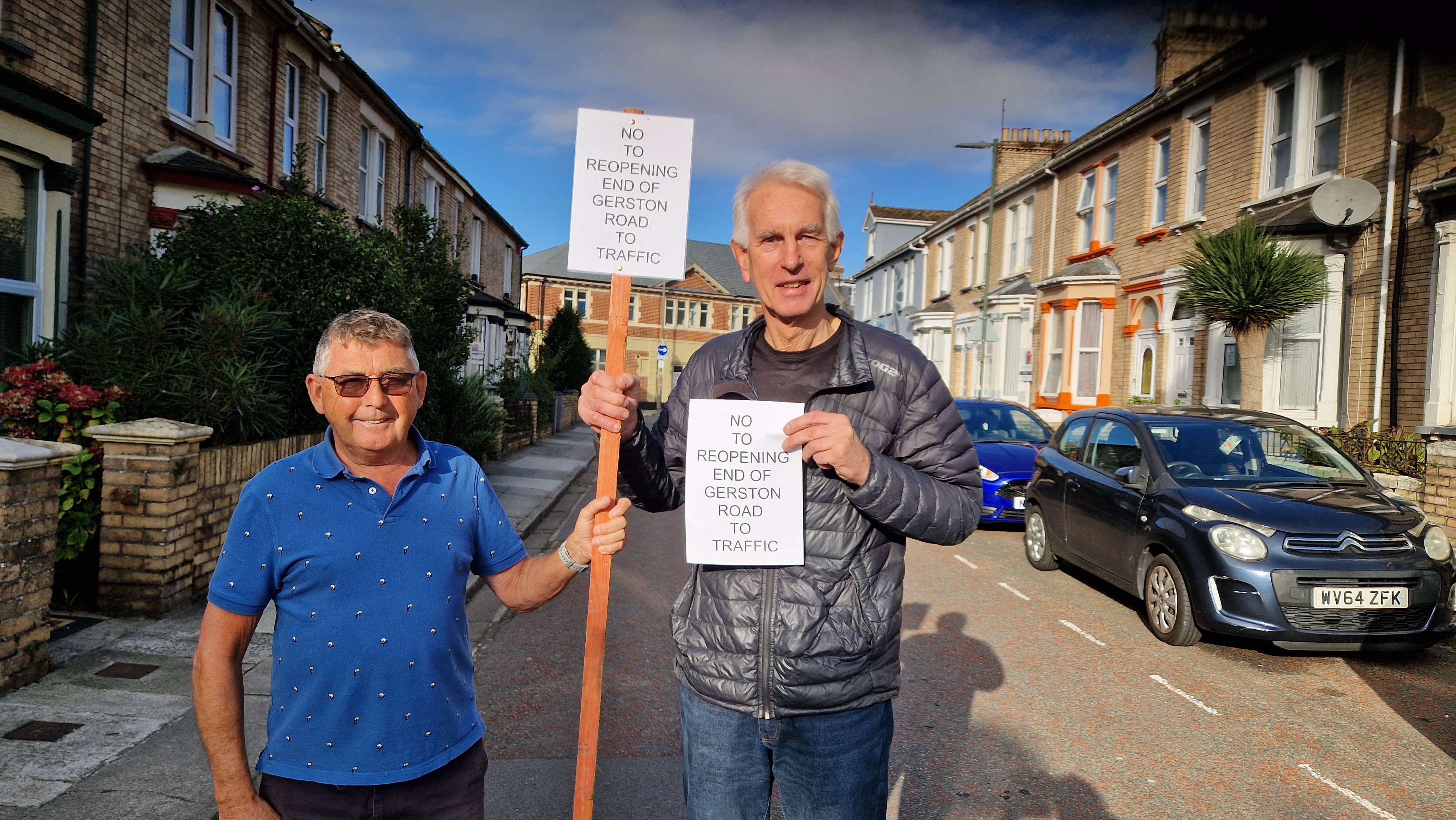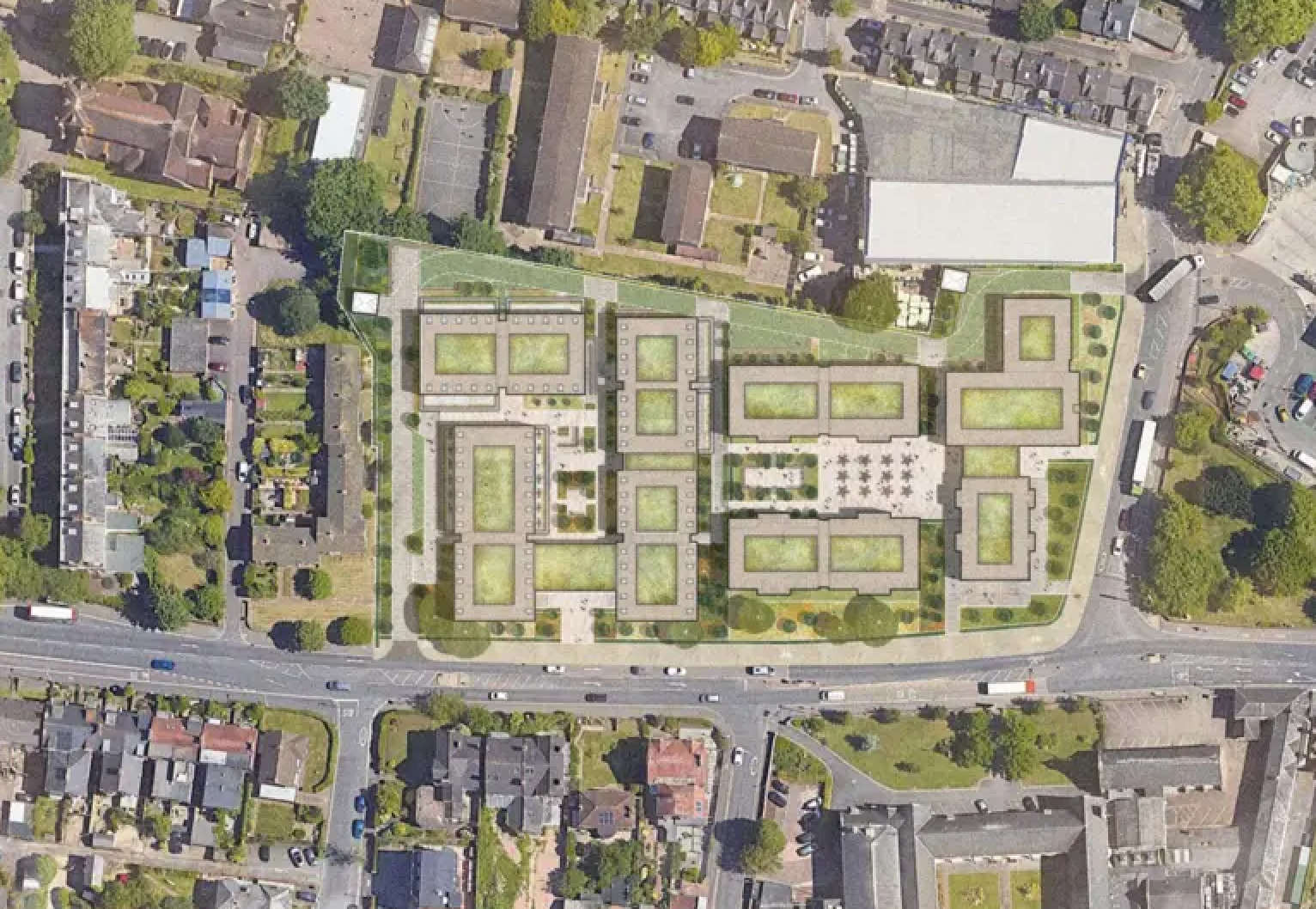
Campaigners say 'disaster' but industry says new methods are working
Councils across Devon are recycling less of the rubbish they collect - and burning far more.
New figures show Devonport's Energy from Waste facility incinerates rubbish trucked in from all over the county, with Devon County Council, Plymouth City Council and Torbay Council all using its furnaces.
The county council also uses Exeter's Energy Recovery Facility, an energy-from-waste plant at Marsh Barton. The process generates heat and electricity in return.
Research carried out by the BBC Shared Data Unit says councils around the country are bound into decades worth of contracts with companies to burn black bag waste - even though some experts now say incineration is a “disaster” for the environment.
Over the past decade, local authorities have greatly reduced household waste sent to landfill, but the investigation says the alternative many councils use may not be the green solution it has been sold as.
Instead, they burn millions of tonnes more than a decade ago in large “energy from waste” facilities - most often situated in the poorest parts of the UK. The incinerators generate electricity for the National Grid, but researchers say they are pumping out greenhouse gases at a rising rate.
They claim the amount of harmful greenhouse gases pumped out of England’s network of 52 major incinerators has increased by 40 per cent in just five years - currently four times the amount predicted by the government.
Tonne-for-tonne, the pollution from those sites is on a par with coal in terms of emissions produced.
Plymouth and Torbay are among four councils that went from incinerating nothing at all 10 years ago to burning the majority of their waste.
According to the research, Devon County Council’s recycling fell 1.4 percentage points since 2015 to 52.4 per cent. In 2015 it sent 31 per cent of waste to landfill and incinerated 13 per cent. By 2023 landfill had dropped to 3.4 per cent but incineration had increased to 43 per cent.
Recycling in Plymouth has decreased around four percentage points to 34 per cent. Back in 2015 Plymouth City Council recycled 38 per cent of its waste, landfilled 62 per cent, and incinerated nothing. By 2023 it was burning 66 per cent of its waste.
Torbay’s recycling has fallen by 3.5 percentage points since 2015 to 37 per cent, but the amount of rubbish it sends to landfill is now zero, down from 59 per cent in 2015.
Incineration of the bay’s non-recycled rubbish over the same period has gone from zero to 63 per cent.
Devon, Plymouth and Torbay are all members of the South West Devon Waste Partnership, which has a £436 million contract with MVV Environment, the company that runs the Devonport plant.
Devon’s contract with MVV still has 15 years to run, while Plymouth and Torbay are contracted until 2052. The contracts include sharing the income created by selling electricity from the Devonport plant, which opened in 2015, to the National Grid.
However, details of that contract are deemed commercially sensitive and are not publicly available.
Bristol-based environment campaigner Dr Dominic Hogg said: "It looks like a disaster because we've looked at it too much as though it's a power generating facility. The reality is this is a way of disposing of waste, and we should treat it as such.
"We should stop considering these things as power stations, because they're not good examples of power stations. Their principal objective is to get rid and to reduce the volume of waste.”
The Department for the Environment says energy from waste has played an essential role in moving England away from landfill, and emission limits are set well below the level above which harm to the environment or human health could occur.
 £200,000 to help pensioners with fuel costs
£200,000 to help pensioners with fuel costs
 Paignton guest house and holiday flats to become YMCA homes?
Paignton guest house and holiday flats to become YMCA homes?
 Boy given referral order for robbery
Boy given referral order for robbery
 Devon man crowded World Dad Dancing Champion
Devon man crowded World Dad Dancing Champion
 ‘Rat run’ fears over Paignton town centre plans
‘Rat run’ fears over Paignton town centre plans
 Exeter plans more student flats!
Exeter plans more student flats!
